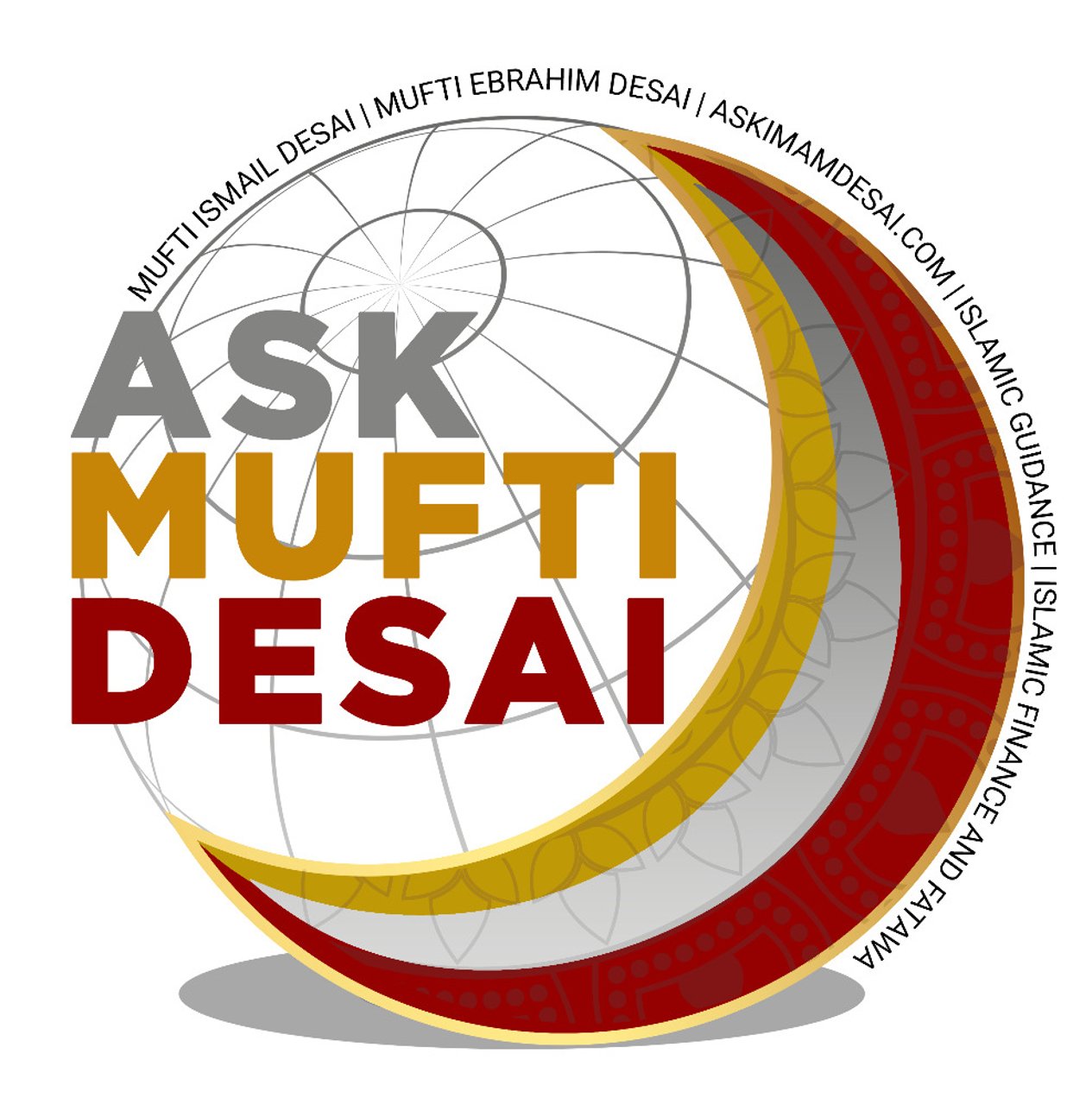Talaaq of a Bipola Patient
- 02 May 2013 07:36:10
- South Africa
Question
I wanted to know that if a man who is diagnosed with Bipola (manic- depressive disorder) gives talaaq to his wife (using the words talaaq) directly or indirectly (with or without the word talaaq) will it be effective?
Answer:
In the Name of Allah, the Most Gracious, the Most Merciful.
As-salāmu ‘alaykum wa-rahmatullāhi wa-barakātuh.
According to Shariah, a Majnoon (insane) person is excused from all obligations and implications of the Shariah.
The Jurists (Fuqaha) have enumerated various categories of an insane person with their rulings.
There are various types/phases/modes of Bipola Disorder such as elevated, moderate, irritable modes, depressive phases, mixed states, etc.
Kindly advise on the specific phase/type of Bipola disorder you are referring to in order for us to consider the category in which such a person falls in.
and Allah Ta'ala Knows Best
(Mufti) Ismail Desai
Chairman: Shariah Board & Fatwa Committee
Darul Iftaa, Durban, South Africa
Disclaimer:
The views and opinions expressed in this answer belong only to the author and do not in any way represent or reflect the views of any organizations to which he may be affiliated with. The opinions and educational information proffered in this communication are based on the jurisprudential understanding and available knowledge of the author. Given that contemporary issues and interpretations of contemporary issues are subjective in nature, another scholar may reach different juristic inferences and conclusions to those as expressed by the author. Whilst every effort has been taken to ensure total academic integrity and honesty, the author is open to corrective measures based on sound academics and juristic inferences. The Shari’ah ruling given herein is based specifically on the specific scenario in question. The author bears no responsibility towards any party that acts or does not act on this answer and is exempted from any and all forms of loss or damage. This answer may not be used as evidence in any court of law without prior written consent from the author. Any or all links provided in our emails, answers and articles are restricted to the specific material being cited. Such referencing should not be taken as an endorsement of other contents of that website.
